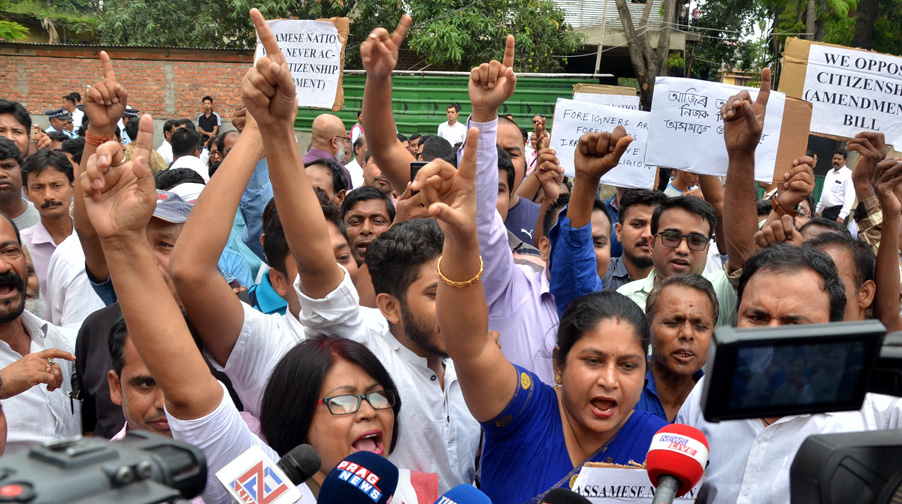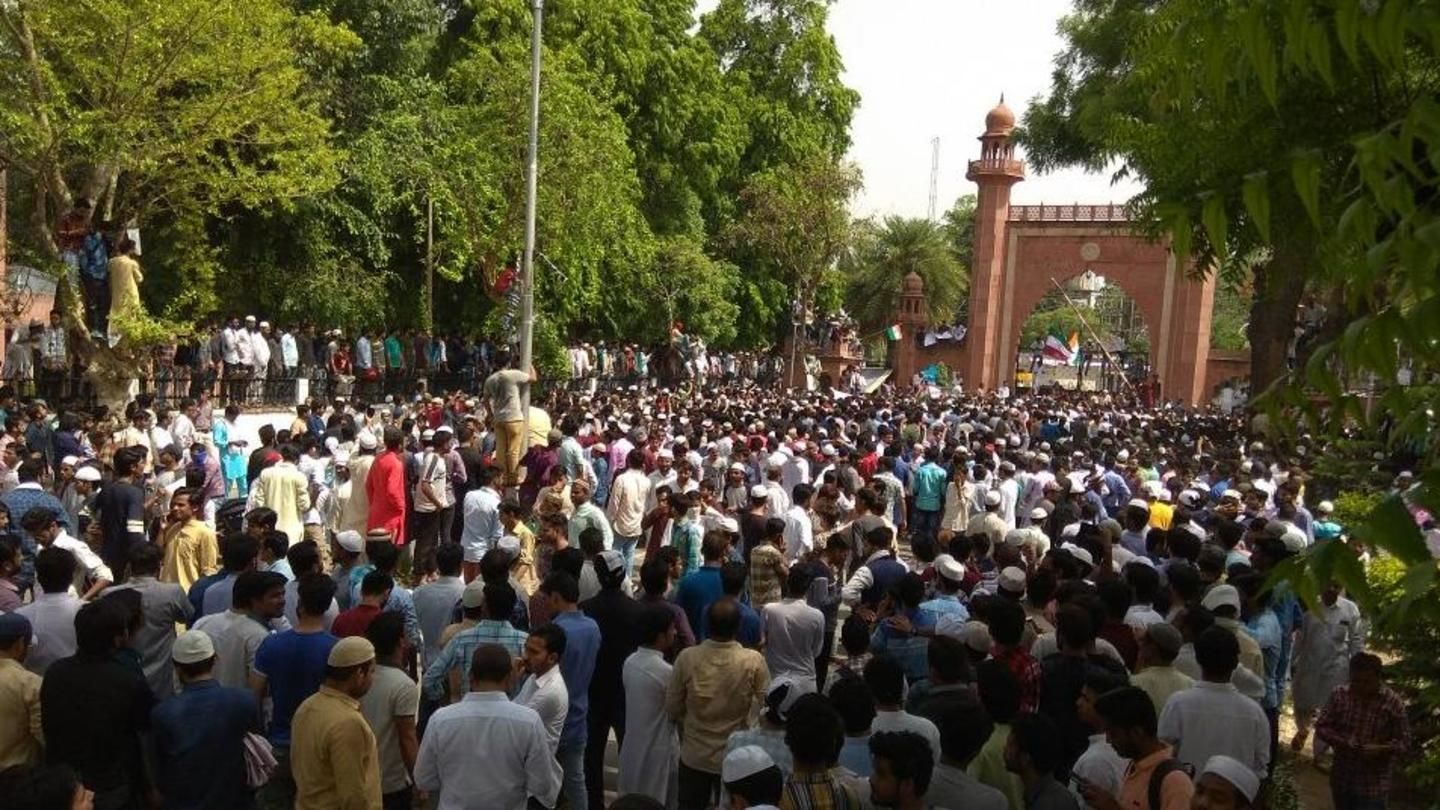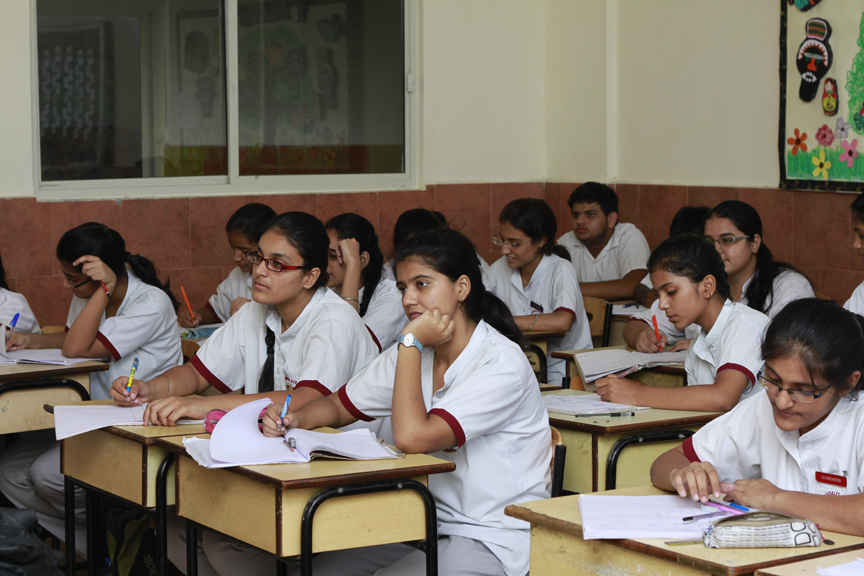 Celebrated poet-dramatist, TS Eliot began his masterpiece The Waste Land with an oft-quoted sordid note “April is the cruelest month” but concluded with ‘Shantih’ to give the world hope for peace! As a co-incidence, the globe has been shaken by series of terror attacks shattering the peace. Though fundamentalists never watch for time day or month, April has seen a stepped up terror activity. And it has not ebbed. Recently, the world was stunned by a series of terror attacks across the globe during the Islamic holy month of Ramadhan, when the devout pray for peace and well-being, as religious fanatics unleashed terror on innocents in Turkey, Iraq, Bangladesh, Afghanistan and Saudi Arabia. Indians watched with horror when neighbouring Bangladesh was shaken by seven armed youths who stormed a cafe in Dhaka’s diplomatic enclave. Twenty hostages, most of them foreigners, were tortured with machetes and killed after a 12-hour siege.
Celebrated poet-dramatist, TS Eliot began his masterpiece The Waste Land with an oft-quoted sordid note “April is the cruelest month” but concluded with ‘Shantih’ to give the world hope for peace! As a co-incidence, the globe has been shaken by series of terror attacks shattering the peace. Though fundamentalists never watch for time day or month, April has seen a stepped up terror activity. And it has not ebbed. Recently, the world was stunned by a series of terror attacks across the globe during the Islamic holy month of Ramadhan, when the devout pray for peace and well-being, as religious fanatics unleashed terror on innocents in Turkey, Iraq, Bangladesh, Afghanistan and Saudi Arabia. Indians watched with horror when neighbouring Bangladesh was shaken by seven armed youths who stormed a cafe in Dhaka’s diplomatic enclave. Twenty hostages, most of them foreigners, were tortured with machetes and killed after a 12-hour siege.
The militants, avowing allegiance to the Islamic State of Iraq and the Levant (ISIL), were barely out of their teens. When their pictures appeared — grinning young men sporting slight beards and keffiyehs, holding a Kalashnikov look-alike and standing in front of black ISIL flags — they looked as innocent as teenagers in bandanas holding guitars instead of guns. They were from unorthodox affluent families and had studied in elite schools. In fact, just a few months back they could have been sitting at the same cafe enjoying croissants and coffee. They were happy-go-lucky boys before being blinded by religious fundamentalism. The repulsive attack points to the dangerously rising influence of the iniquitous ISIL in different parts of the world, including India and its neighbours. A number of educated young people leading normal lives are being lured by the promise of an utopian caliphate where the rule of the Prophet will be supreme.
The Islamic State is known for upholding primitive rules governing men and women in their everyday lives and savage notions on law and justice. Beheadings with cleavers and sexual slavery of women are just a few of their monstrous practices. However, the ISIL is not a gang of psychopaths who want to destroy the world.
They have highly articulate religious beliefs with a self-righteous indignation and complacency. They believe they have the responsibility of bringing about the rule of God on this planet and will go to any extent to attain that goal.
A dangerous trend that has emerged across the world is that homegrown ISIL sympathizers are willing and attempting to carry out deadly terror attacks without any comprehensive support system. The Dhaka attackers did not have access to sophisticated assault weapons. They used cheap and easily accessible guns rather than the advanced arms usually procured by terrorists. Omar Mateen, the lone gunman who killed 50 people at a club in Florida last month, pledged allegiance to the ISIL but had never been recruited or trained by them. Five persons were recently arrested in Hyderabad for running an ISIL cell and planning imminent terror attacks. A cache of bomb-making equipment and manuals was recovered from them. Educated and unorthodox individuals are being so acutely brainwashed and radicalised mostly within just a few months that despite few resources and limited training, they are ready to carry out suicide attacks for jihad against the ‘infidels’. And by infidels, extremists don’t anymore mean just non-Muslims. Followers of the ISIL believe in Salafism, an ultra-orthodox version of Islam. For them even secular and modern Muslims who follow moderate Islam are infidels. This justifies the attack on Bangladesh’s largest Eid congregation as the chief cleric of the attacked mosque was a liberal who was running a campaign against violent Islamic extremism. In the Dhaka bakery attack, Muslims who could recite verses of the Quran were unharmed and food for iftar was arranged for them, while Muslims who did not appear devout and non-Muslims were tortured and killed.
The Islamic State has called upon Muslims everywhere to wage lone wolf attacks against unbelievers. The outfit inspires and radicalises people through social media platforms such as twitter and applications like WhatsApp and Telegram. According to a recent report by the US government, there has been a 45 percent decline in the twitter activity of ISIL members. While officials have described this as a sign of descent in ISIL propaganda, the fact is that right now the extremist outfit is more desperate than ever before to carry out attacks across the world.
Two years after it declared an Islamic caliphate in parts of Iraq and Syria, the Islamic State has been losing occupied territory to the Iraqi army and Kurdish and Shi’ite rebels with the backing of the US. As it loses ground, it has been craving to reclaim its influence and gather momentum by orchestrating more and more attacks. It’s resorting to insurgency tactics leading to a spike in suicide attacks such as the ones witnessed during Ramzan. According to statistics, the number of suicide attacks being carried out by the ISIS has only increased from one or less each day on an average in 2014 to two or three everyday by far this year. This clearly means that more recruits are now giving themselves in for suicide bombings. Intelligence reports also point toward clandestine sleeper cells and spy networks being set up in many countries, especially in Europe, which is a matter of grave concern. The men behind the infamous Paris and Brussels attacks ran ISIL cells. There is a possibility that undetected ISIL sympathizers are still living ordinary lives in Western countries and are waiting for the right time to carry out assaults. Moreover, even as the ISIL faces setbacks in the battlefield in the Middle East, there are ethnic and political rivalries between the groups fighting it that can cause serious setbacks to the gains attained against the fanatical organisation.
India faces a grave threat from ISIL. In the Indian subcontinent, ISIL has been building jihadi bases in Bangladesh with the aim of launching terror strikes in India, thanks to a porous border between the two countries. Pakistan, already a breeding ground for terrorists, has also recently come under the outfit’s influence. While the ISIL has issued warnings of attacks in India, intelligence reports point to other terror groups such as the Al-Qaeda Indian Subcontinent (AQIS) trying to compete with the Islamic State to establish their supremacy. The ISIL itself is an offshoot of the Al Qaeda in Iraq that gained momentum during the unnecessary and horrific Iraq war, waged by the US and Britain for no apparent reason, that has ruined the lives of millions of people.
Increasingly radicalised Muslims and incidents of terror attacks have created an atmosphere of fear in almost every country. At airports, train stations and other public places, people are suspicious of persons carrying backpacks and heavy luggage, and especially of those in hijabs, burqas and beards. Fingers are being raised at devout but peace-loving Muslims as a direct connection between Islam and terrorism is being perceived. A vicious circle — religious intolerance leading to terrorism and vice-versa — has already been created. An apt example is a noticeable rise in Hindu fundamentalism in India mainly to counter the threat posed by Islamic radicalism. As growing religious intolerance causes increased fear and insecurity, it is only hoped that good sense will prevail.
letters@tehelka.com




